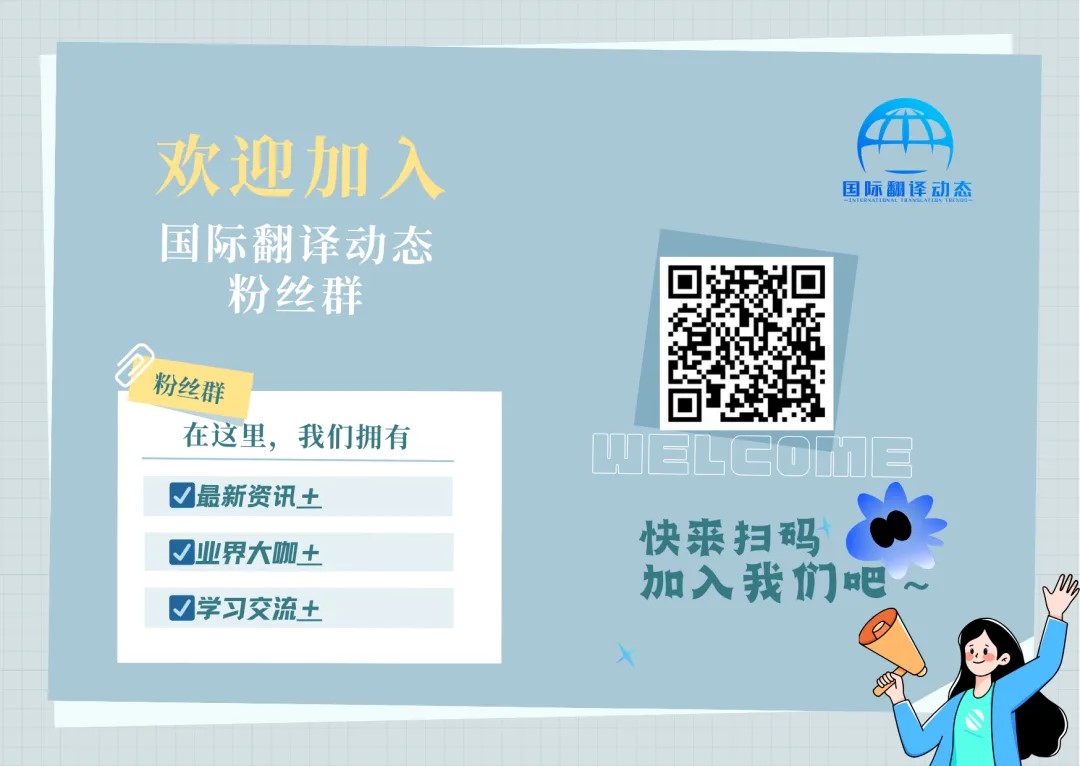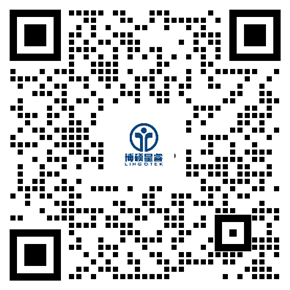国际翻译动态 | 翻译记忆库迎来新变革,AI助力内容管理革命!
翻译技术教育与研究 2024年09月09日 00:00 陕西
以下文章来源于国际翻译动态 ,作者朱怡怡
国际翻译动态
The evolution of content memory: How AI transforms translation memory into intelligent content management
——
内容记忆的演变:人工智能如何将翻译记忆库转变为智能化内容管理
Author: Elsa Sklavounou

In the ever-evolving landscape of content management, artificial intelligence (AI) is emerging as a transformative force. Traditionally, the concept of ‘memory’ in content management was closely tied to translation memory (TM). TM systems, which store and reuse previously translated segments, have long been essential tools for translators. However, as the volume and complexity of global content continues to grow, the limitations of traditional TM systems become increasingly apparent.
内容管理领域不断革故鼎新,人工智能(AI)在其中正作为一股变革性力量兴起发展。内容管理中“记忆”的概念素来与翻译记忆库(TM)密切相关。翻译记忆库系统能够存储和重复使用先前已经翻译过的句段,是译员长期以来必不可少的工具。然而,随着全球内容总量不断增加,复杂程度不断深化,传统翻译记忆库系统的局限性也日益浮现。
Enter AI, with its ability to revolutionize not just translation memory, but the entire spectrum of content memory—evolving it into a dynamic, intelligent system that enhances knowledge extraction, semantic tagging, and discoverability.
人工智能登上历史舞台后,它不仅能够推动翻译记忆库产生巨变,还能使整个内容记忆范围发生变革——将其进化成为一个动态智能系统,以增强知识提炼、语义标注和可寻性。
The Basics of translation memory
翻译记忆库基本要素
Let’s start with the basics.
让我们从基本要素谈起。
Translation memory (TM) is a database that stores segments of text and their corresponding translations. It helps translators by suggesting previously translated segments that match the current text, improving efficiency and consistency.
翻译记忆库(TM)是一个存储文本句段及其相应译文的数据库。翻译记忆库通过提示与当前文本相匹配的已译句段,能够提高译者的翻译效率和一致性。
While traditional TM systems have primarily been static, we believe that the future of translation management systems (TMS) as well as the future of ‘global content’ or ‘localization’ lies in continuous innovation. Along with TMs and TMSs, Machine and Human intelligence will overcome current limitations and redefine how complex translations and large-scale content management are handled, ensuring ever-improving efficiency and effectiveness by evolving to incorporate advanced context awareness and adaptive learning.
传统的翻译记忆系统主要是静态系统,而我们认为,翻译管理系统(TMS)的前景,以及“全球内容”或“本地化”的未来,存在于不断创新之中。机器和人工智能将与翻译记忆库和翻译管理系统一起,共同克服当前的局限制约,重新定义复杂翻译和大规模内容管理的处理方式,通过不断发展结合进阶的上下文感知和适应性学习,确保不断提高效率和效果。
The emergence of AI in content management
人工智能在内容管理
领域的兴起
AI is reshaping content management across various industries. Technologies such as machine learning and natural language processing (NLP) enable AI systems to understand and process content in ways that were previously impossible. This shift moves us from static databases to dynamic, intelligent systems capable of real-time adaptation and learning.
人工智能正在重塑各行各业的内容管理。机器学习和自然语言处理(NLP)等技术使人工智能系统以前所未有的方式理解和处理内容。这种转变使我们从静态数据库转向能够实时调整和学习的动态智能系统。
AI as an organizer of content memory
人工智能是内容记忆的组织者
AI transforms the concept of content memory by integrating advanced knowledge extraction, semantic tagging, and ontology-based discoverability. Unlike traditional TM, AI-driven content memory systems can:
通过整合先进的知识提炼、语义标注和基于本体的可寻性,人工智能改变了内容记忆的概念。与传统的翻译记忆不同,人工智能驱动的内容记忆系统可达到以下目的:
01
Understand context and semantics
理解语境和语义
02
Extract knowledge
提炼知识
03
Semantic tagging and ontologies
语义标注和采用本体法
Benefits of AI-driven content memory
人工智能驱动内容记忆的优势
AI-driven content memory offers numerous benefits over traditional systems:
人工智能驱动的内容记忆较传统系统具有诸多优势:
01
Improved accuracy and consistency
改善准确性和一致性
02
Enhanced efficiency
提高效率
03
Better handling of complex language nuances
更好处理复杂语言的细微差别
Real-world applications
实际应用
Industries across the board are reaping the benefits of AI-driven content memory:
各行各业都能从人工智能驱动的内容记忆中获益,例如:
01
Marketing
市场营销
02
E-commerce
电子商务
03
Legal and Healthcare
法律和医疗保健
The future of content memory with AI
人工智能内容记忆的未来
The future of content memory lies in the continued integration of AI technologies. Potential developments include:
内容记忆的未来在于不断整合人工智能技术。其潜在发展方面包括:
01
Enhanced Knowledge Extraction
增强知识提炼
02
Advanced Semantic Tagging
精进语义标注
03
Greater Context Awareness
强化语境感知
AI is transforming the landscape of content memory, evolving it from traditional translation memory into an intelligent, dynamic system that enhances knowledge extraction, semantic tagging, and discoverability. However, it’s important to remember that human intelligence will remain at the center of this evolution. Businesses that embrace AI-driven content management solutions will not only improve their efficiency and accuracy but also gain a competitive edge in the global market. As AI continues to advance, the potential for innovation in content memory is boundless.
人工智能正在改变内容记忆的格局,使其从传统的翻译记忆库发展成为智能动态的翻译记忆系统,从而增强知识提炼、语义标注和可寻性。不过,铭记人类智慧仍将会是这一演变的核心,这是尤为重要的。企业采用人工智能驱动的内容管理解决方案,不仅能提高其效率和准确性,还能在全球市场上取得竞争优势。随着人工智能不断发展,内容记忆的创新潜力亦不可限量。
原文链接:
https://www.rws.com/blog/the-evolution-of-content-memory/
原博客发文时间:2024/07/30
特别说明:本文内容选自RWS官网,仅供学习交流使用,如有侵权请后台联系小编删除。

– END –

